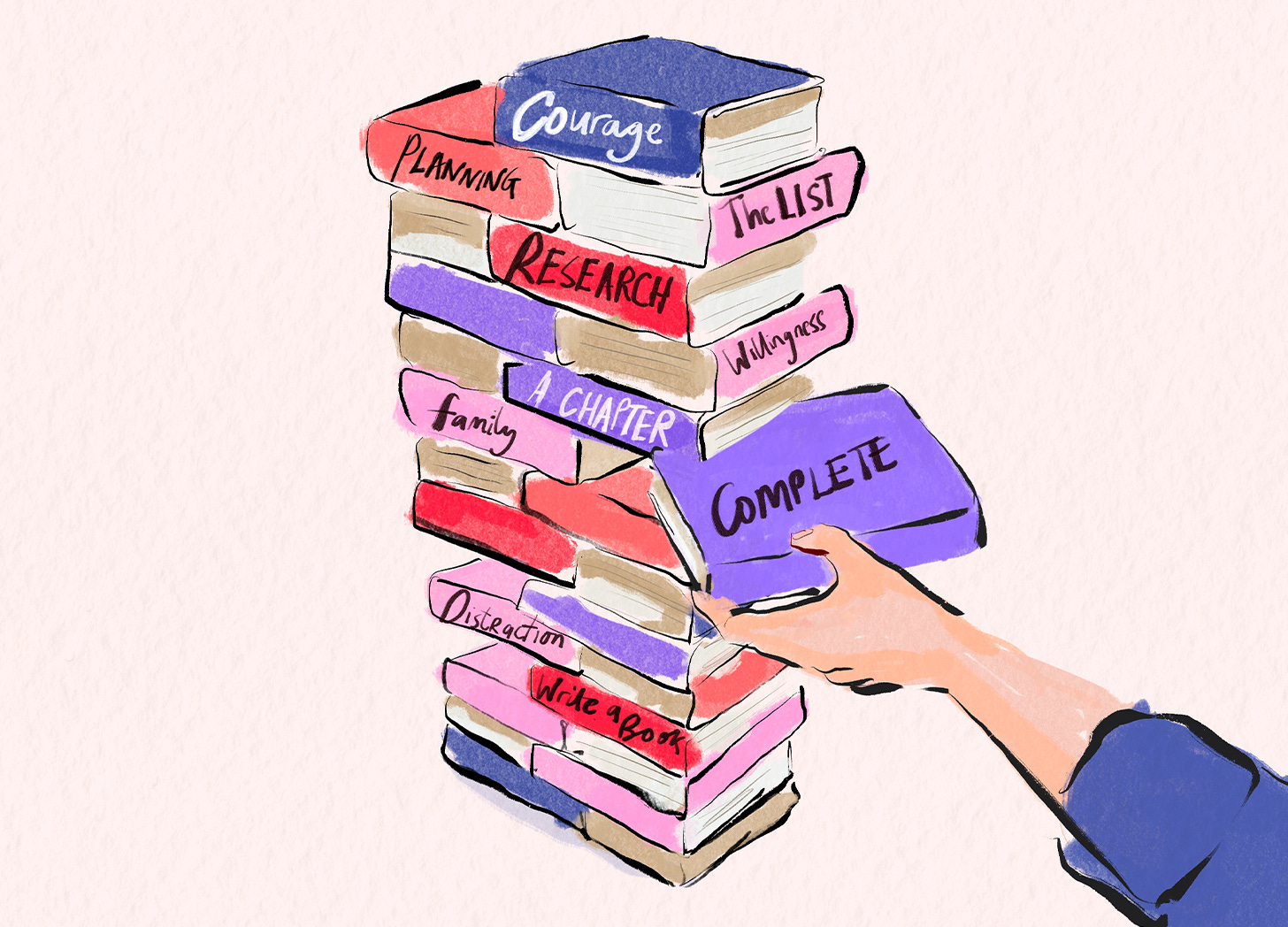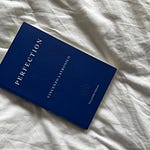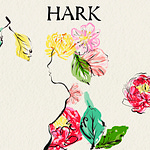This is episode two of the In Haste podcast with today’s guest, Oliver Burkeman. Each episode of In Haste is accompanied by an original essay below by Alice Vincent or Charlotte Runcie. You can listen to the podcast, read the transcript, read the essay, or all three! New episodes are released weekly, but paid subscribers can access the first half of season one instantly. Upgrade your subscription by clicking the button.
On time
by Charlotte Runcie
I knew things were bad when I felt as though I didn’t have time to read books any more. But I had so much writing to do! How could I possibly read stuff as well? Reading felt like doing nothing. An indulgence I couldn’t afford. Sitting on the sofa? In comfort? Imagining things?! Sorry, Marie Antoinette — some of us have work to do.
But I’ve come to recognise that feeling of overwhelm for the imposter that it is. The specific book that I felt as if I didn’t have time to read, when things were really up the wall, was Oliver Burkeman’s Four Thousand Weeks, which is about time management when you’re going to die. Well that sounds bleak, I thought, glancing at the cover. That sounds like the last thing I need right now. Even if I did have the time. Which I don’t!
The thing is, though, if you’re a writer — or just a human being trying to understand the world in whatever way you can, like all of us — reading is not an optional indulgence, however nice it is. Reading is, in fact, the whole point.
When I first had a baby, I heard all the jokes about babies not coming with instruction manuals. Hang on, forget the baby, I thought. Why didn’t I come with an instruction manual?
But I did, because every book is an instruction manual, and with every book you read, the world makes either a little more sense, or a little less sense. And either is good. Either is right.
All this makes it sound as if I don’t like reading very much, as if I think of it as a chore, but that’s not true. Every time I settle into a novel with that amazing, plunging feeling of complete immersion into a story, I think: this is so great! I love books! I’m a book person! I should be doing this all the time! Why don’t I do this all the time? And then I fall asleep through exhaustion, or the baby wakes up, or I remember about the dishwasher needing unloading.
The dishwasher has become a running In Haste joke between me, Alice and our audio producer, Holly. The fact that the dishwasher has a way of suddenly calling to you when you’ve got something else to do, even if that something else is something you actually really want to do, like reading a great book, or spending time with your family, or getting stuck into a piece of creative work you’re excited about. No, no: first, I must do the dishwasher. And this is how life slips away.
It’s something we spoke to Oliver Burkeman about for our second episode of In Haste: that strange displacement of time that you feel when something that needs to be done feels more appealing than the thing you actually want to be doing. My house has never been tidier than when I’ve got a sticky chapter in my novel that needs tackling, even though writing fiction is the work of my life that gives me the most meaning and intellectual nourishment out of anything I’ve ever found.
Recognising this madness is the first step, I think. Talking to Oliver about it made me feel so much less alone in my madness. There’s a deep peace in the underlying manifesto of Four Thousand Weeks, which I did read in the end, and which altered me forever: you will never, ever, in any circumstances, get to do all the things on the great to-do list of your life. The world is too big, and we are too small. Life is too short. Death is coming. I’m sorry.
But this is also freeing, because what we can do is a little bit. I can do something today. I can write 250 words, or maybe just 25 words, and none of it has to be good. But I will have written a little. And maybe I can write a bit more tomorrow. And if I die tomorrow, well. At least I wrote something today.

















